
When I started my natural hair journey (the second time), I had no idea what deep conditioning was. I was one of those people who thought natural hair just grew out of your scalp, end of story! To me a deep conditioner, or any sort of conditioner for that matter, was meant for straight relaxed hair. Occasionally, my sisters and I would whip up an egg and avocado; but even then, I did not know exactly what that green paste was supposed to do for my hair. Now that I am a wise old owl (well, maybe not that old), I know that deep conditioning is probably the best thing you can do for your Afro-textured hair.
Type 4 hair is “coily”, and because of these coils, the sebum secreted by your scalp does not reach the full length of hair strands. This leaves Afro-textured hair very dry, hard and prone to breakage, so it’s vital to manually moisture and lubricate type 4 hair. A good way to do this is by deep conditioning.
What is deep conditioning?
First, I gots to tell you something funny. Until about four years ago, I had no clue deep conditioning was called that; every salon I visited called it “steaming”. What’s even funnier is that I thought it was meant for older people, “steaming” was something my mum did, and it had nothing to do with me! Imagine that… Back to business: to define deep conditioning.
Deep Conditioning refers to the process of restoring protein or moisture to your hair. Think of it as a literal treatment for your hair, which is either moisturizing or strengthening(protein-based). A deep conditioner is not the same as a regular rinse-out conditioner, in the sense that deep conditioners provide temporary repair to your hair. Small particles known as surface-active-agents aka surfactants found in deep conditioners adhere to gaps and damaged sections of the hair strand. The fix is temporary, and should be regimented to get the maximum benefits! Before I forget, the cover picture of this post has Cantu deep treatment masque. It doesn’t mean that you have to use Cantu for deep conditioning, it’s what I had at the time and you can use whatever product you love or have access to as long as it works. I will have some recommendations for you in good time, nonetheless.
Wait there’s more!
There’s a lot to cover at on this subject, so I’m going to do a whole series on it. Now I’m done teasing 🙂 Do you have any questions on Deep Conditioning? Feel free to leave me a comment. Till next time.

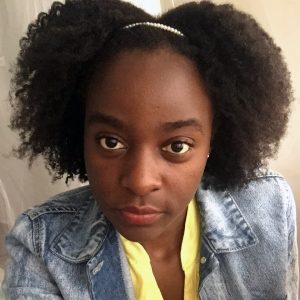
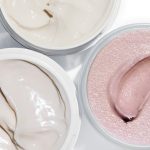
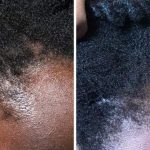
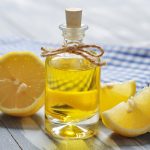
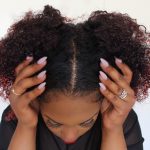
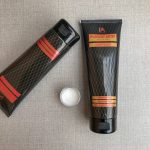
Ramellah
24 February, 2018 at 3:22 pm
Very useful info am glad i clicked, as anatural hair girl myself i do alot of normal hair conditioning not the deep conditioning but hey got to go now and try out the deep conditioning,am very excited to see the benefits.thank you
Phelis Nakato
24 February, 2018 at 8:07 pm
Ramellah, you hair will never be the same again! To me deep conditioning is the best thing you can do for your hair, very beneficial. Let me know how it works out for you.
Ramellah
24 February, 2018 at 3:31 pm
Great article,very useful info
Phelis Nakato
24 February, 2018 at 8:03 pm
Thank you Ramellah. Very happy to hear that. I will be doing a continuing series on this, so be on the look out! 🙂
Shirley
27 February, 2018 at 2:59 pm
So if my hair is not coily it’s not type 4? My natural hair is really straight is that normal?
Phelis Nakato
27 February, 2018 at 3:40 pm
Hi Shirley. Just a brief overview, without relaxers, straight hair (bazungu hair) is type 1. Wavy hair (still some bazungu) is 2. Curly hair (like for mixed ppl/bachotala) is type 3. They coily-kinky hair is type 4. There are variation in each hair type as in A,B and C. Hence 4A, 4B and 4C. Now i’m going to use Luanda terms to elaborate the type 4. “Munyerere” hair (like for most Westerners) is 4A, it usually appears soft, little silky and shiny. Then “Kaweeke” hair is 4C, it’s usually very coily. 4B hair is somewhere in between It’s possible to have may hair types on one head.
But by looking (since I know you personally haha) it appears you have 4a/4b hair.
jackie
21 March, 2018 at 2:19 pm
Please can I get that Cantu cover deep conditioning masque
Phelis Nakato
21 March, 2018 at 2:48 pm
Jackie, you can find Cantu products at Bodycare Centre on William street. They cost around 30,000shs